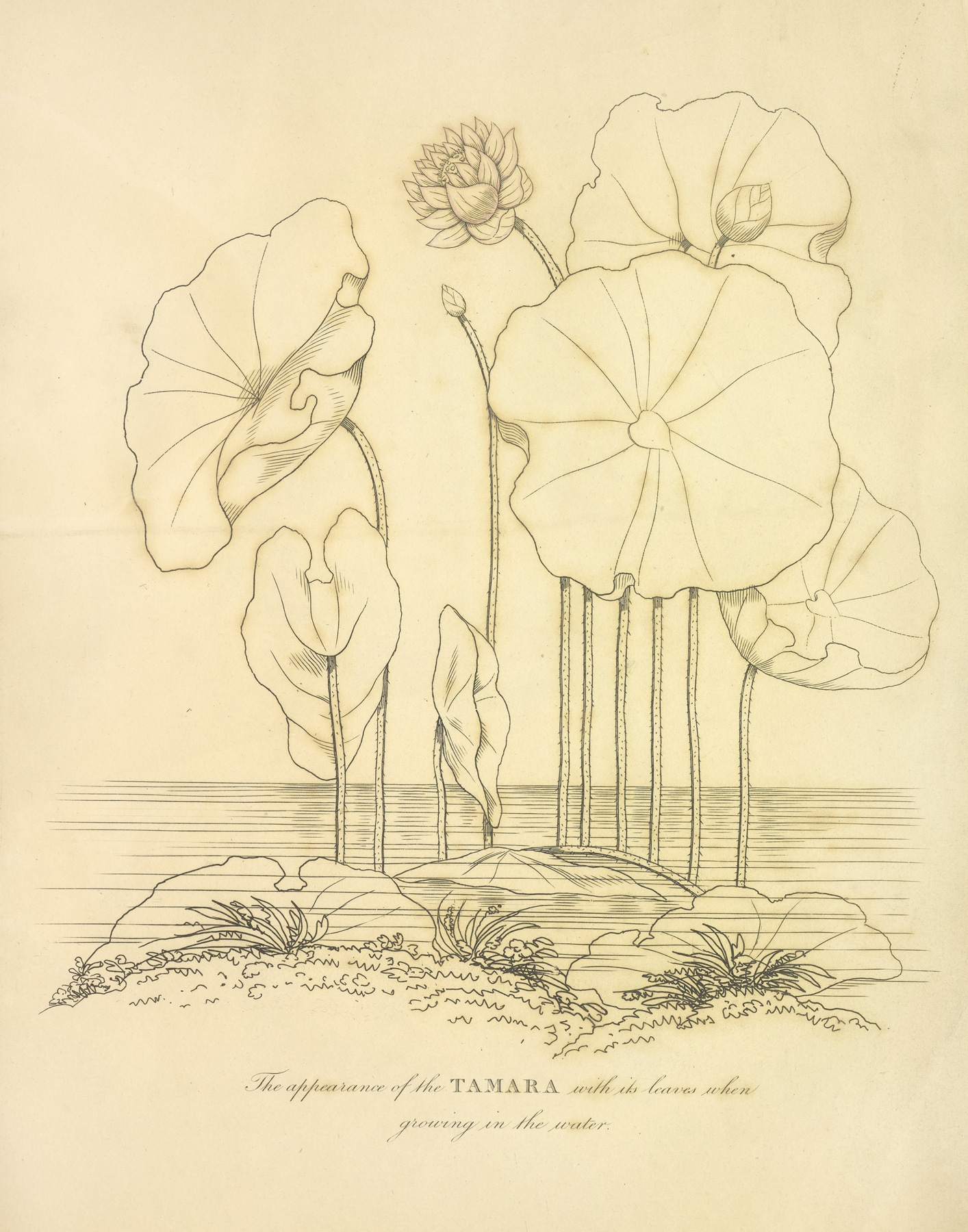I have not been able to write since the election.
I know that many of you are, like me, filled with sorrow and fear.
In many ways, I see this newsletter as a vehicle for being seen— both being seen as myself, as writer and person, but also as a place where you, my readers, can see yourselves in my writing. A place for connection on a fundamental level.
We have so much more in common than we have differences.
I knew that he would win the election. I didn’t want him to win, but I knew he would. Maybe if I had stayed in Seattle I’d have thought otherwise, but there is no denying our country’s unrest while living in Florida. In a way, I am grateful I live here, because it’s outside of the relatively safe and enclosed bubble of liberal delusion, but I’ll admit it has worn away at my resolve rather than strengthened it.
Our strength ebbs and flows. We cannot be strong all the time. If you are feeling hopeless or exhausted or angry or confused, I a…
Keep reading with a 7-day free trial
Subscribe to Gathering to keep reading this post and get 7 days of free access to the full post archives.




